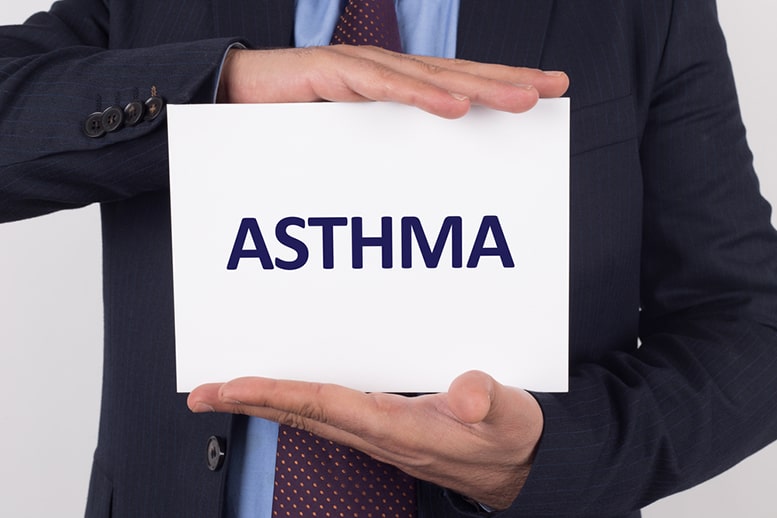What is allergic asthma?
Asthma affects approximately 20 million adults and 6 million children in the U.S. alone. Allergic asthma is caused by exposure to certain allergens that cause sneezing or watery eyes to other people. If you suffer from allergic asthma, it means your airways are more sensitive to harmless substances such as pollen.
In scientific terms, allergic asthma is caused by the inflammation of the lungs. Your immune system reacts by releasing immunoglobulin. In excess amounts, this substance causes your lungs to swell thereby making it hard for you to breathe.
However, there are various kinds of allergic asthma medicine that make it easy to manage.
What are the causes of allergic asthma?
Allergens are common and can be found anywhere. It is therefore crucial that people with allergic asthma know their triggers to make it easy to control asthma attacks. Identify the allergens that affect you from the list below to learn how to avoid them.
⢠Pollen blown from plants
⢠Cockroach feces
⢠Pet Dander
⢠Dust mitesâ feces
⢠Smoke from cigarettes, candles or incense
⢠Fragrances from air fresheners and other products
⢠Cold air
⢠Certain chemical odors
⢠Dusty room
What are the symptoms of allergic asthma?
Recognizing the symptoms of an asthma attack can help you prevent it from becoming a major issue. Both allergic and non-allergic asthma exhibit the same symptoms and they include;
⢠Wheezing or coughing usually at night
⢠Sneezing
⢠Pain and tightness in the chest
⢠A runny nose
⢠Feeling weak during exercise
⢠Watery or itchy eyes
⢠A sore throat
⢠Nasal congestion
⢠Headaches
What are the treatments for allergic asthma?
Prevention is the best approach when you suffer from asthma. Although sometimes it can be difficult to control the kind of environment you live or work in, doctors can recommend an allergic asthma medicine to counter the allergen reaction. The treatment can target asthma or the allergies causing the attack.
Asthma
Doctors may prescribe Anti-Inflammatory drugs, especially inhaled steroids. They reduce the swelling and production of mucus in the airways. For quick relief, consider using ProAir HFA or Proventil inhalers the moment you experience any of the symptoms.
For long-term control, doctors may recommend a combination of an inhaled anti-inflammatory medication with other drugs such as;
⢠Leukotriene modifiers
⢠Long-acting bronchodilator
⢠Singulair
Allergies
Depending on the type of allergens that affect you, antihistamines can effectively eliminate any threats. However, Immunomodulatory is more effective for people with moderate to severe allergic asthma reactions. Allergies can be prevented if you stay clear of places filled with allergens.
Featured Image: Depositphotos/© [email protected]








